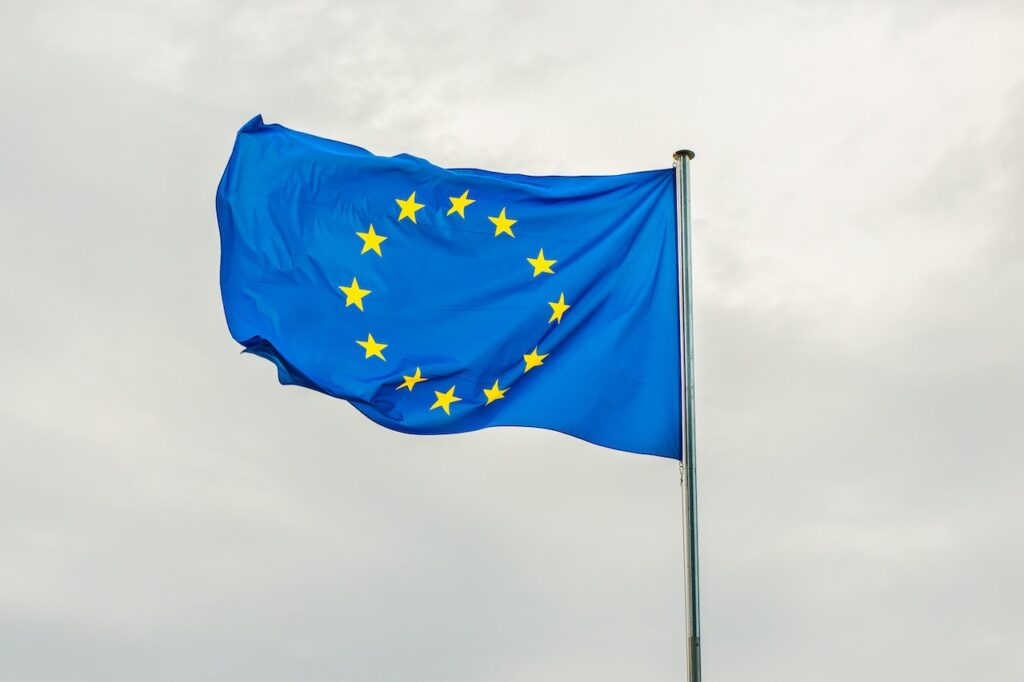The European Commission has selected 39 projects aimed at enhancing charging and hydrogen refuelling infrastructure, alongside efforts to decarbonize airports and ports. A total of €422 million has been earmarked for the second phase of the Alternative Fuels Infrastructure Facility (AFIF), which began in February 2024.
This round of funding will support the installation of approximately 2,500 electric vehicle (EV) charging points for light-duty vehicles and 2,400 for heavy-duty vehicles across Europe’s Trans-European Transport Network (TEN-T). Among the major beneficiaries is the joint venture Milence, consisting of Daimler Truck, Traton, and Volvo Group, which will receive €111 million to establish 64 truck charging parks across Europe. These parks will feature 256 MCS charging points and 236 CCS charging points, while a second project in Poland will see the installation of 28 MCS and 28 CCS charging points at seven charging parks.
See also: EU Should Maintain 2025 CO2 Targets, Boost EV Incentives, Industry Group Says
From Germany, EDIR (E.ON Drive Infrastructure) stands out, receiving €45 million for two projects. The first involves installing 708 charging points for cars and light commercial vehicles, along with 126 points for electric trucks and buses across Czech Republic, Hungary, Poland, Romania, Bulgaria, and Slovakia. The second project covers the installation of 224 car charging points and 301 electric truck and bus charging stations across Germany, Austria, Italy, the Netherlands, Denmark, Sweden, and Lithuania.
In addition to EV charging, the EU is investing in hydrogen refuelling stations and decarbonizing airports and ports. The funding will establish 35 hydrogen refuelling stations, including two large-scale stations in Germany supported by €6.3 million. Spanish company HVR Energy will use €4.2 million to set up 20 hydrogen refuelling stations along the TEN-T network.
See also: EU Considers Wide-Scale Electric Vehicle Incentives Amid Industry Challenges
The funds will also support the electrification of ground handling services at airports, including the installation of 328 charging points for ground support vehicles and additional units to provide power and air conditioning for stationary aircraft. The greening of nine ports and the construction of two ammonia and methanol bunkering facilities are also part of the initiative.
With a total budget of €1 billion for 2024-2025, AFIF aims to accelerate the decarbonization of transport across Europe. Further funding rounds are set to close in June 2025, with the program expected to remain a key component of the EU’s green transition strategy. The funding decisions are still provisional, pending formal adoption by the European Commission.
